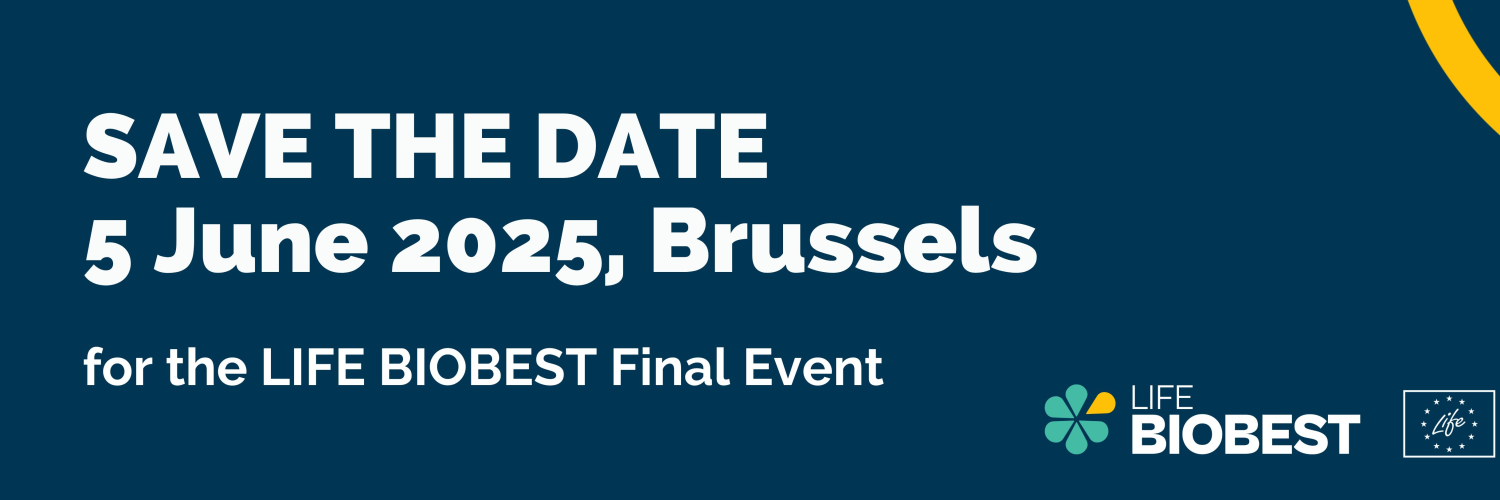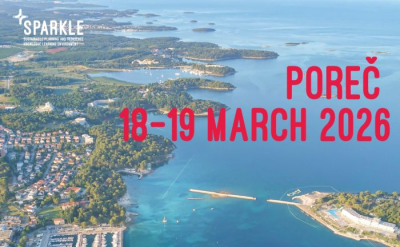Recent data shows that Europe produces 60 million tonnes of kitchen waste annually, yet only 15 million tonnes are collected separately. This means approximately 74% of kitchen waste is incinerated or sent to landfills rather than being transformed into valuable compost. While the EU’s bio-waste separate collection mandate was an important step forward, additional measures are needed to drive meaningful change in the sector, such as widespread guidance, binding targets, and stronger monitoring requirements.
For the past 2.5 years, the LIFE BIOBEST project consortium has conducted comprehensive research and analysis to identify key enabling conditions, models and strategies for bio-waste management to thrive in Europe and close the gap in the biological cycle through the consistent use of high-quality compost and digestate on soils.
As LIFE BIOBEST concluded its research journey, stakeholders were invited to attend its high-level final conference and celebration in Brussels on 5 June 2025.
|
The event brought together leading experts in bio-waste management, local frontrunners, and EU policymakers to:
- Present LIFE BIOBEST’s comprehensive resources and tools developed for municipal and regional authorities to enhance their bio-waste management systems and overcome local challenges;
- Share key policy recommendations addressing current gaps in EU bio-waste management;
- Discuss the future of the sector and the necessary steps forward.
Who attended?
- European Commissioners and Members of the European Parliament working on bio-waste management, soils, agriculture, food, bioeconomy, and circular economy strategies.
- National, regional, and local authority officials and technical staff interested in bio-waste management best practices and sustainable sector development strategies.
- Waste company representatives.
- Civil society organisations and academics working on bio-waste management.
What was covered?
- Lessons from Europe’s best practices in bio-waste collection and treatment, including success stories from recognised frontrunners.
- Exclusive insights into the LIFE BIOBEST guidelines for bio-waste collection, treatment (quality outputs and control), governance, economic incentives, engagement and policy recommendations.
-
In-depth discussions with key stakeholders on advancing EU bio-waste management through potential legal framework revisions, new targets, and the use of key economic and policy instruments
-
Networking opportunities with leading experts from across the EU
|
|





